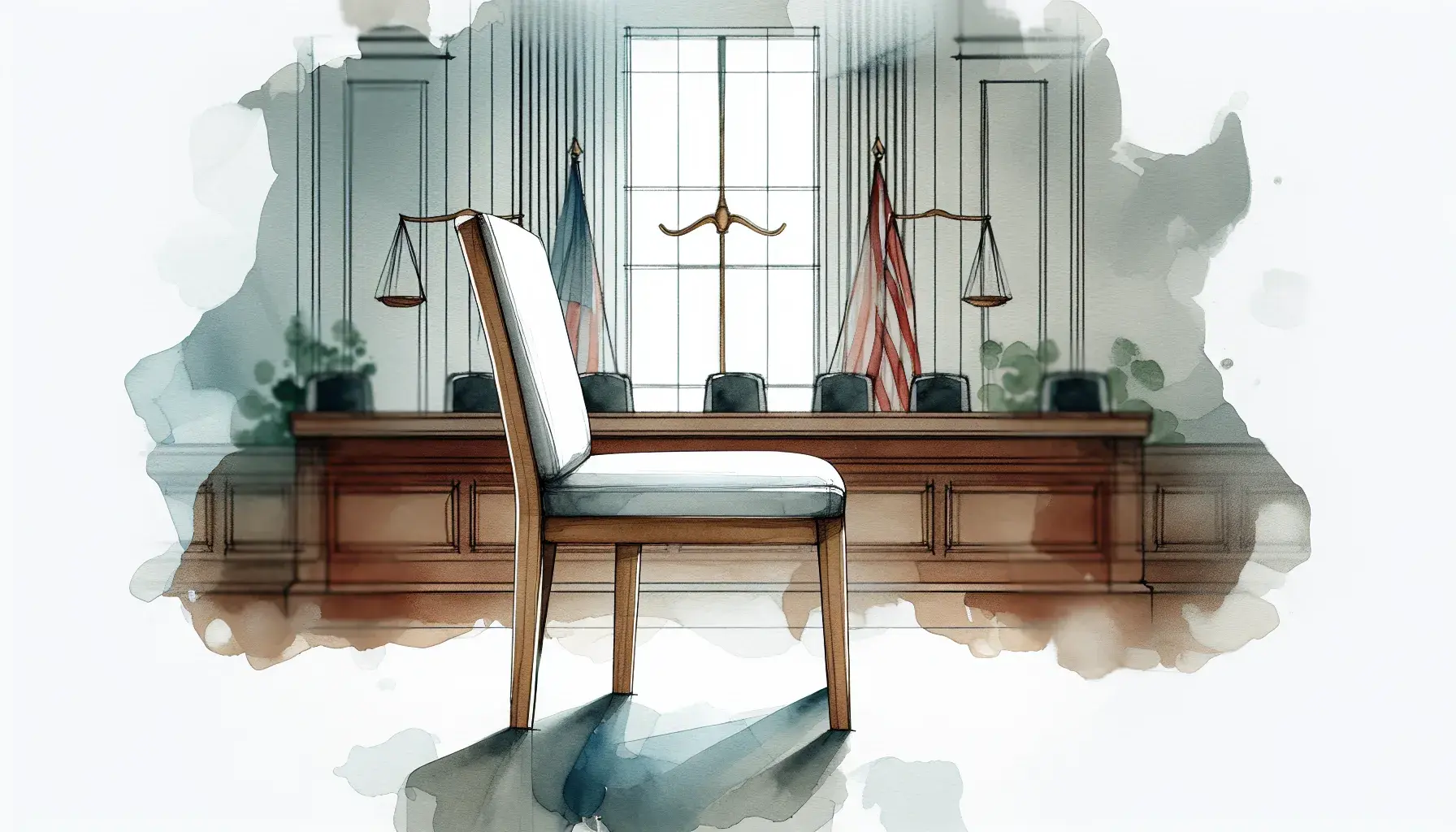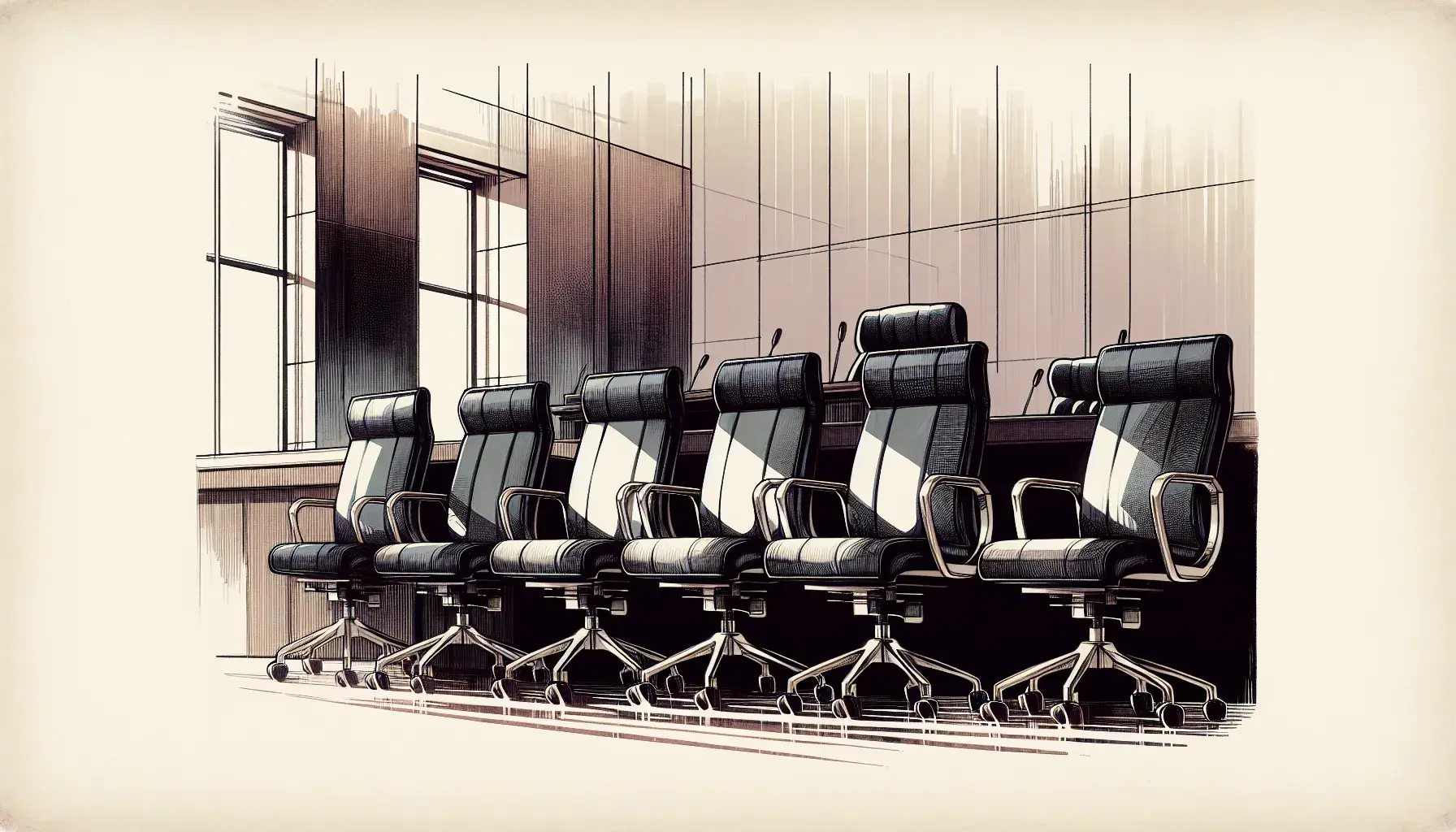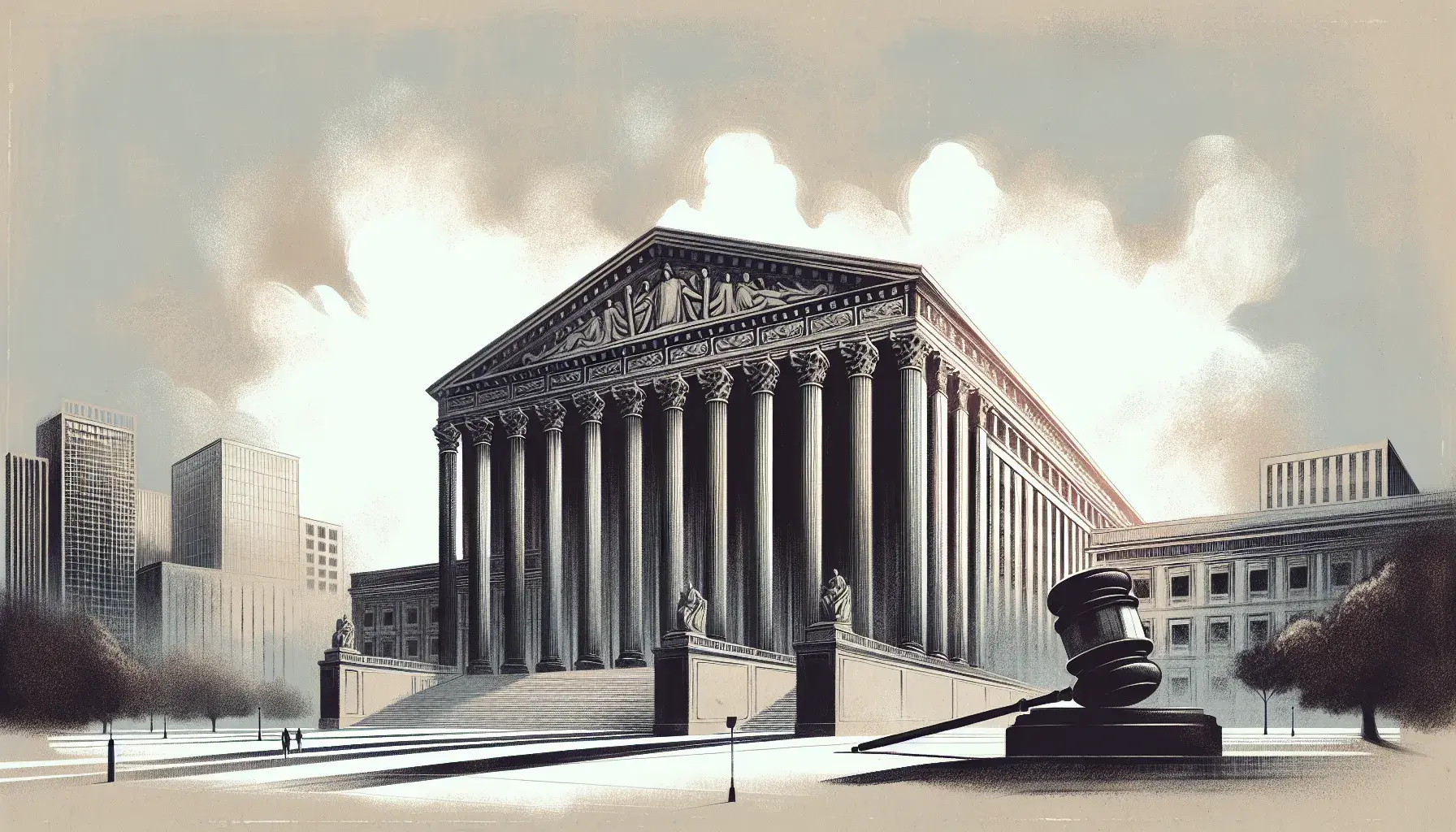Corporate America Sits Out Supreme Court Tariff Fight
Corporate America is largely sitting out the Supreme Court fight over Donald Trump’s emergency tariffs, leaving a coalition of small businesses to challenge the policy that has reshaped U.S. trade and supply chains.

What Happened
The Supreme Court heard arguments on November 5, 2025, over whether the International Emergency Economic Powers Act (IEEPA) lets a president impose sweeping import duties without Congress. Several justices across the ideological spectrum signaled skepticism, pressing the administration on whether tariffs—traditionally a congressional power—can be justified as mere regulation during a national emergency. Challengers say the levies will raise costs by trillions over a decade; the government counters they’re a tool to rebalance trade and deter illicit flows.
Since the tariffs took effect, nearly $90 billion has been collected, a burden largely borne by U.S. importers, according to questions and exchanges at argument. A decision will arrive in the months ahead and could redefine the outer limits of presidential authority on trade even if other, narrower tariff tools remain available.
Who’s Challenging
The lead plaintiffs are not household-name multinationals but family-owned importers and other small firms, including an Illinois toymaker and a New York wine importer. Their core claim: IEEPA authorizes targeted sanctions, not a blanket power to tax imports. While trade groups and policy organizations filed friend-of-the-court briefs, the roster of blue-chip companies is notably sparse.
The U.S. Chamber of Commerce broke ranks with the administration and supported the challengers—the Chamber filed an amicus brief urging the Court to curb IEEPA tariff power—but major consumer brands have largely avoided taking a public stand in this case. Reporting indicates many big companies opted for quiet lobbying and exemptions rather than litigating a centerpiece of the president’s agenda.
Why It Matters
The case is a referendum on how far emergency powers stretch into Congress’s taxing authority. If the Court narrows the president’s ability to use IEEPA for tariffs, businesses could see greater policy stability—and, potentially, a complex refund process on duties already paid. If the administration prevails, future presidents could lean more heavily on emergency statutes to reset trade relationships without new legislation.
Either way, companies and consumers have skin in the game. Importers typically pay at the dock and decide how much to pass through to prices. Uncertainty over the rules—and who can change them—has become a cost center of its own.
What’s Next
The justices will issue a ruling in the coming months. Even if IEEPA tariffs are curtailed, the White House could still reach for other statutes with tighter guardrails. For now, businesses are bracing for a decision that could ripple from warehouse shelves to household budgets.
Sources
- Conservative Supreme Court justices appear skeptical of Trump’s sweeping unilateral tariffs — Associated Press (November 5, 2025)
- Rich conservatives fund the Supreme Court challenge to Trump’s tariffs — The Washington Post (November 4, 2025)
You May Also Like
These Related Stories

Corporate America Sits Out Supreme Court Tariff Showdown

Corporate America Sits Out Supreme Court Tariff Fight

No Comments Yet
Let us know what you think